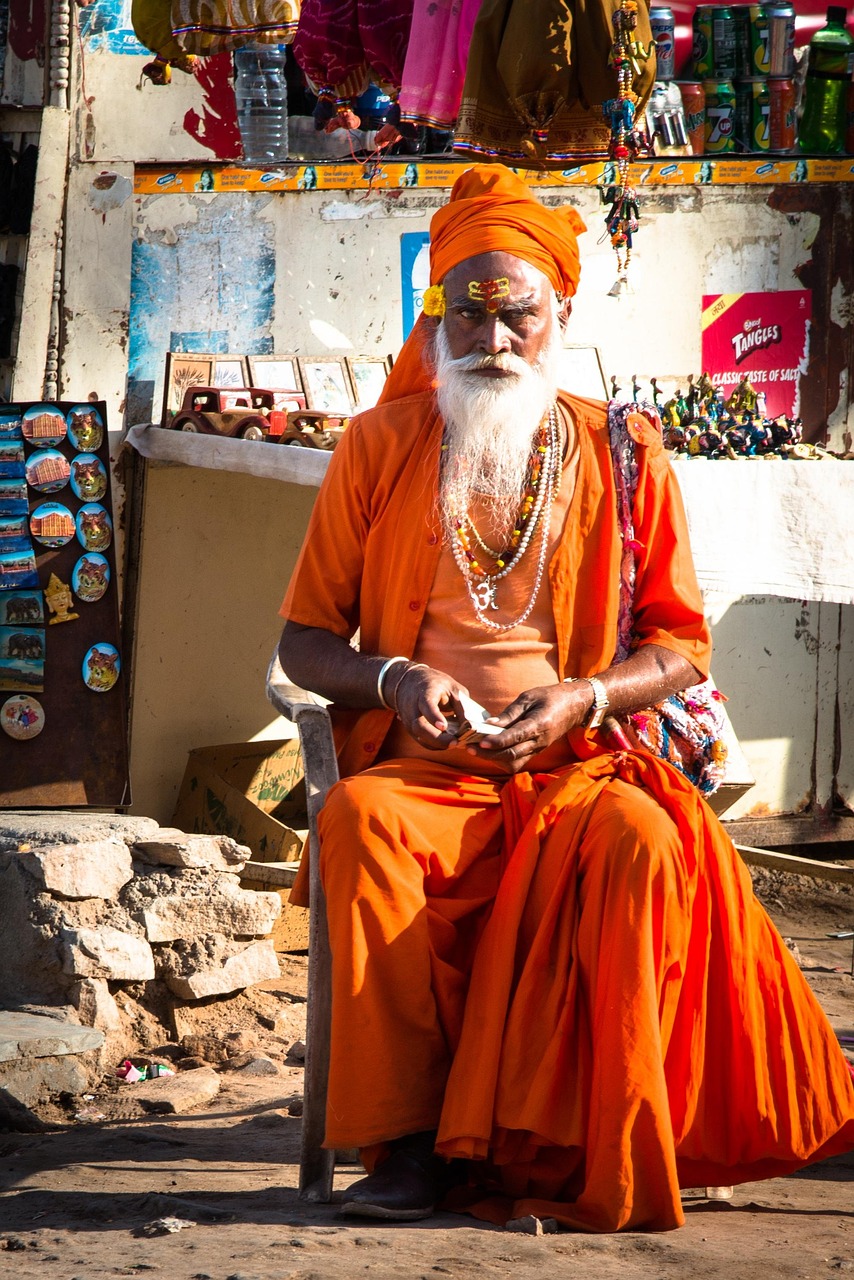Embracing Timeless Wisdom in a Modern World
Hindu practices, deeply rooted in tradition yet remarkably adaptive, continue to resonate in contemporary times. Unlike rigid doctrines, Hinduism offers unparalleled freedom in spiritual expression. This freedom, a hallmark of the tradition, allows individuals to choose their path to self-realization, making Hindu practices not only timeless but also profoundly relevant in today’s dynamic world.
The flexibility and inclusivity of Hindu practices have preserved their relevance for millennia. As India and the global diaspora navigate the complexities of modern life, these traditions offer a framework for personal growth, mindfulness, and harmony—while respecting individuality.
Freedom of Expression: A Core Strength
One of the most unique aspects of Hinduism is the absence of a single prescriptive way of worship or belief. Whether through bhakti (devotion), karma (action), jnana (knowledge), or raja (meditation), practitioners are free to follow the path that aligns with their nature.
The Bhagavad Gita, one of Hinduism’s most celebrated texts, underscores this freedom: “Whatever path a man chooses, I strengthen his faith in that path” (Gita 4.11). This universal approach to spirituality fosters inclusivity, making Hindu practices adaptable to diverse lifestyles and beliefs.
In a 2023 survey conducted by the Indian Council for Cultural Research, over 78% of respondents expressed appreciation for the freedom Hinduism offers in interpreting rituals and traditions, emphasizing its role in fostering a personal connection to spirituality.
Mindfulness in Rituals
Hindu practices are more than acts of devotion; they are tools for mindfulness and balance. Rituals like lighting a lamp (deepam) or performing yoga create moments of introspection, grounding individuals in an increasingly chaotic world. The practice of sankalpa—setting a clear intention before rituals—encourages focus and purpose, a principle echoed in modern mindfulness techniques.
Similarly, fasting rituals like those observed during Ekadashi are not mere religious obligations but acts of self-discipline that align the body and mind. Scientific studies, including a 2023 report in the Journal of Nutritional Science, highlight the health benefits of intermittent fasting, echoing ancient practices.
Adaptability Through the Ages
Hinduism’s adaptability ensures that practices remain relevant. Festivals like Diwali, traditionally celebrated with oil lamps, have seamlessly incorporated contemporary elements like LED lights, without losing their essence. The use of digital platforms for online pujas and virtual temple visits surged during the COVID-19 pandemic, demonstrating how Hindu practices evolve to meet modern needs.
Furthermore, traditions like Namaste—a gesture of respect and humility—gained global recognition as a non-contact greeting during the pandemic, showcasing the enduring relevance of Hindu cultural practices.
Individuality Within a Community Framework
Hinduism strikes a balance between individuality and community. While personal practices like meditation and yoga cater to individual needs, collective rituals like temple gatherings and festivals foster a sense of belonging.
This duality reflects the tradition’s understanding of human nature: the need for personal growth alongside social connection. Temples, traditionally centers of spiritual and social activity, continue to serve as community hubs, offering spaces for dialogue, cultural events, and charity.
Sustainability and Harmony with Nature
Hindu practices often emphasize environmental consciousness, aligning with modern sustainability efforts. The principle of ahimsa (non-violence) extends to all living beings, inspiring eco-friendly rituals and vegetarianism. Rituals like tree planting during weddings or conserving water during pujas underscore the tradition’s deep respect for nature.
A 2022 UNESCO report praised Hinduism’s role in promoting ecological balance through practices rooted in the Vedic concept of rta (cosmic order). These traditions encourage harmony between humanity and the environment, offering solutions to today’s ecological crises.
Why This Matters Today
Hindu practices are not relics of the past; they are living traditions that adapt, inspire, and guide. Their emphasis on freedom of choice, mindfulness, and harmony makes them uniquely suited to address modern challenges.
In a world seeking balance between tradition and innovation, Hinduism offers an inclusive approach that celebrates individuality while fostering unity. It reminds us that spirituality is not about conformity but about finding meaning and connection in ways that resonate personally.
The beauty of Hindu practices lies in their universality and their ability to evolve without losing their essence. As we reconnect with these traditions, we are reminded of the enduring wisdom they offer—not as rules to follow but as guides to enrich our lives in contemporary times.


Leave a Reply